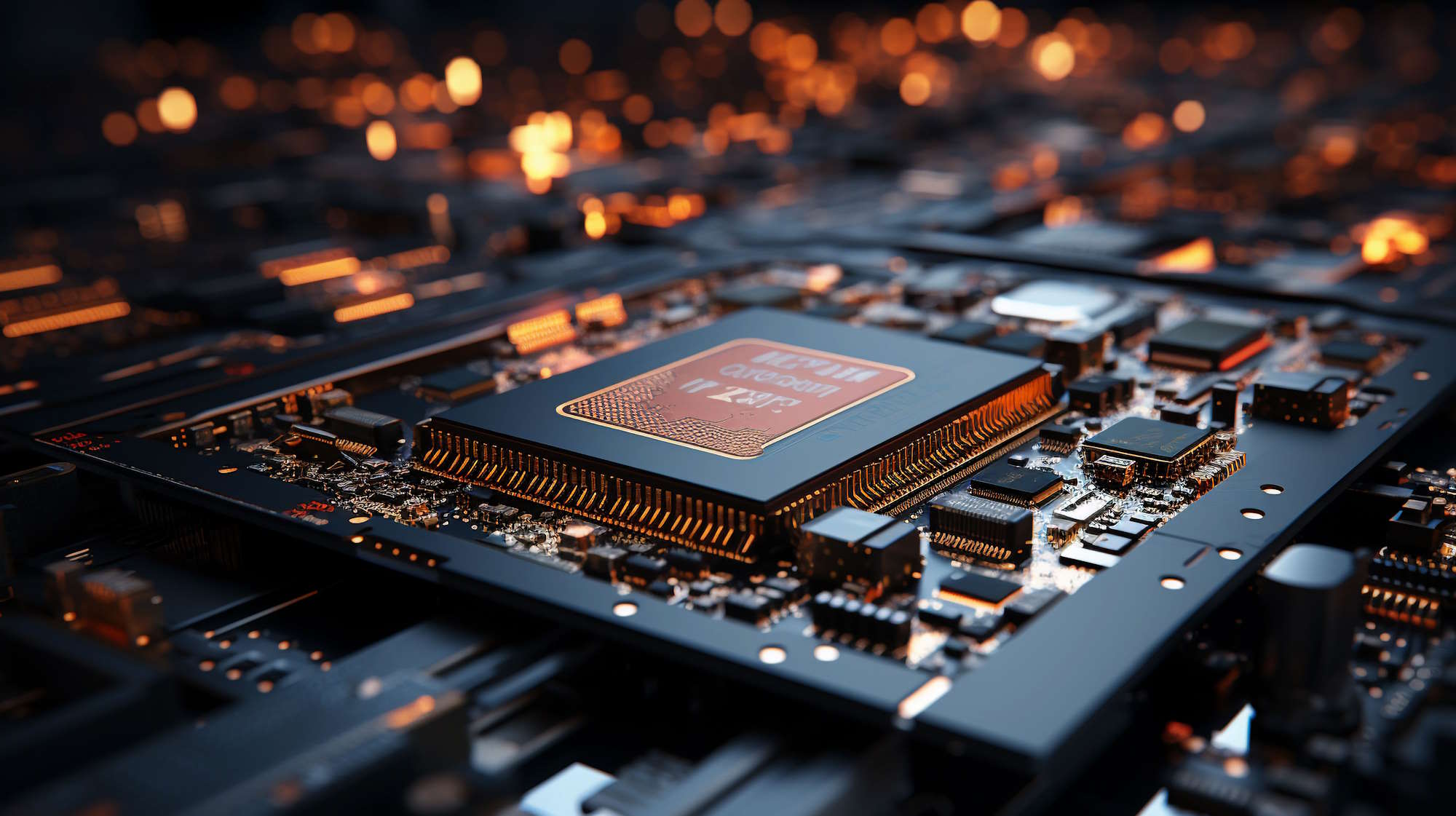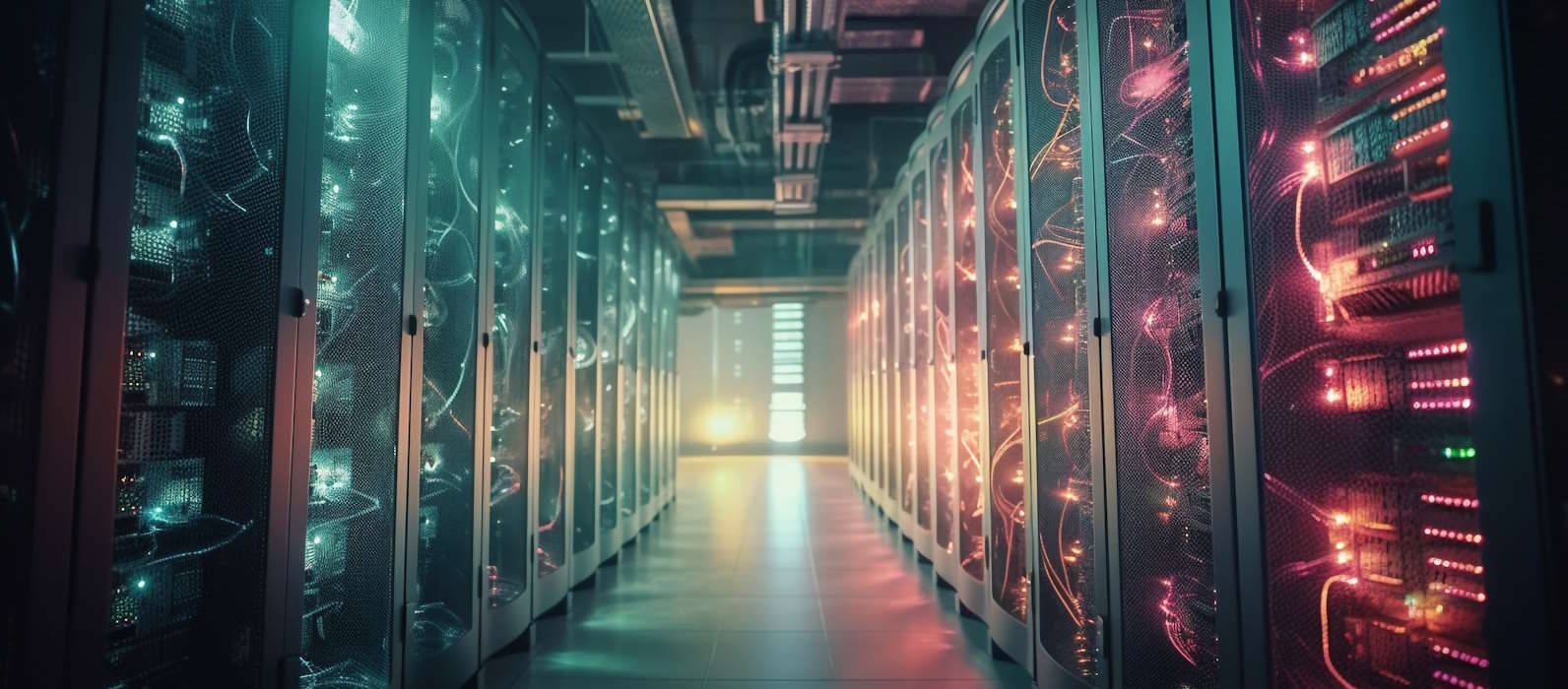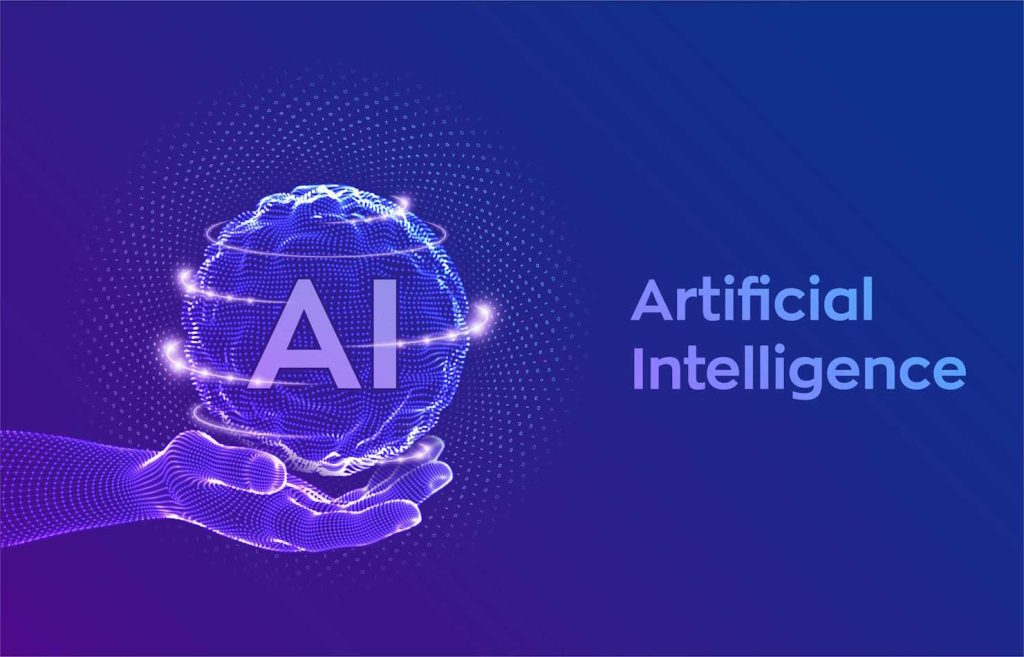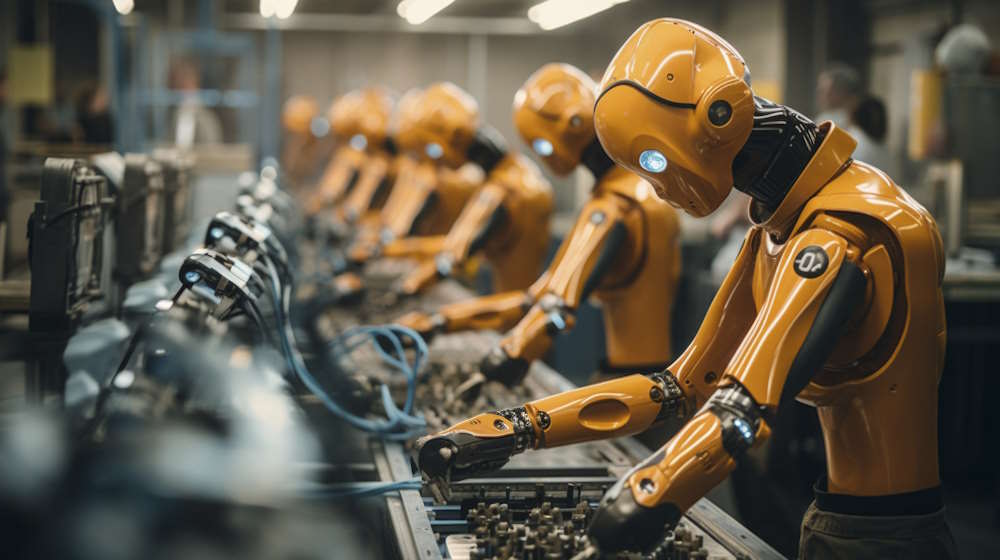The Power and Future of Artificial Intelligence
Hardware and software components play a critical role in the development of artificial intelligence (AI). These technologies evolve together, with hardware being a crucial component for AI computing power. Without the advancements in processor technology, the rapid development of AI would not have been possible. This article will examine the chips used in AI.
Nvidia’s Rise
Nvidia is one of the most dynamic and productive players in the industry with its GPUs. The rapid development of AI has increased Nvidia’s sales and company value, propelling it to the top ranks of the world’s most valuable companies.
Competitors and Market Dynamics
Nvidia is not alone in this field. Many technology giants are producing or preparing to produce their AI processors. Competitors of Nvidia include Intel’s Gaudi, Meta’s MTIA, Microsoft’s Maia, Amazon’s Trainium, Huawei’s Ascend, and Google’s TPUs. Although many of these projects are in the development and R&D stages, Google has been producing its AI processors for a long time and using them in its data centers.
The Production Ecosystem and Geopolitical Factors
The majority of these processors are manufactured by Taiwan Semiconductor Manufacturing Company (TSMC). Following the pandemic and the tensions between Taiwan and China, countries like the US, Japan, and Germany have made investments to bring production within their borders. While TSMC is the largest producer, the main company supplying its processor machines is ASML. ASML, headquartered in the Netherlands, specializes in the development and production of photolithography systems used in computer chip manufacturing.
Leading Countries in the AI Era
In the AI era, countries that can develop their AI models and produce their processors will lead the world. As robots become smarter and more capable, many sectors are expected to transition to unmanned production, forming the backbone of economies. Robot technologies are particularly crucial for countries like those in Europe, which have aging populations and lag in production.
China and Global Competition
Despite sanctions, China remains competitive in technology. Chinese tech giants are shifting to domestic AI solutions. Huawei’s Ascend processor is said to be successful in terms of price and performance, competing with Nvidia’s A100 model.
Nvidia’s Market Dominance
Nvidia is estimated to control 70% to 95% of the AI chip market used for training and deploying models like OpenAI’s GPT. Nvidia’s gross profit margin of 78% underscores its pricing power, which is remarkably high for a hardware company that manufactures and ships physical products. Flagship AI GPUs like the H100, combined with Nvidia’s CUDA software, provide a significant competitive advantage.

Hardware Manufacturers and Cloud Services
Processor companies are turning into cloud service providers, and cloud service companies are turning into processor design and production companies. While companies like Huawei and Intel are starting to offer cloud services, they primarily generate revenue from hardware and chip sales. Manufacturers like Huawei, Nvidia, Intel, and AMD need to sell hardware products to make money, whereas companies like AWS, Google, and Microsoft generate revenue through cloud services without selling processors.
AI and Quantum Technologies
Despite the enhanced efficiency of algorithms and the advanced chip technology, computing power is still insufficient. According to a study by OpenAI, the demand for computing power increased tenfold annually from 2012 to 2018. This indicates that the industry needs more time to compute and that insufficient computing power hinders AI development.
Quantum Processors and the Future
Quantum processors, when used in conjunction with current GPUs, can provide the computing power required for AI and open the doors to a new world. Nvidia’s Cuda Q is an open-source platform for hybrid quantum computing, helping integrate quantum power into computations. Quantum computers can accelerate AI algorithms and help solve more complex problems.
| Manufacturer | Model |
Performance |
Long-Term Reliability | 2024 Price |
|---|---|---|---|---|
| Nvidia - TSMC | H100 | great | 5 year license | $30,000 |
| Google - TSMC | TPU v5p | great | Google Cloud Only | Cloud Service |
| Intel | Gaudi 3 | great | ? | $125,000 |
| Microsoft - Intel | Maia | great | ? | prototype- Cloud Service |
| Amazon - TSMC | Trainium | great | AWS EC2 Trn1 | Cloud Service |
| Meta - TSCM | MITA | great | ? | internal use |
| Huawei | Ascend 910 | great | ? | Sold via Atlas platform |
| AMD - TSCM | MI300 | 1.5 x H100 | ? | $20,000 |
| D-Matrix | Corsair C8 | great | ? | prototype |
Conclusion
The combination of AI and quantum technologies offers great opportunities and poses new challenges for the future. The development and implementation of these technologies have the potential to change both economic and geopolitical dynamics. Advances in AI and quantum fields will continue to shape the world.





Really great in-depth analysis, congratulations, while there is a shortage of people with experience in AI and related subject areas to make detailed analysis in the sector!